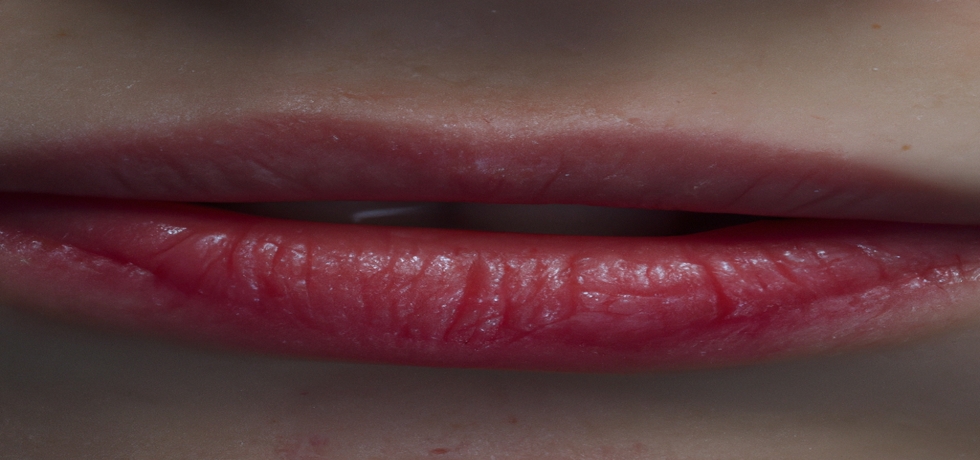
Pimple or Cold Sore on Lip: Spotting the Difference
Understanding the Distinction
Identifying Pimples
Pimples are a frequent skin condition, typically resulting from clogged pores due to bacteria, dead skin cells, or excess oil production. When you’re examining your skin, look for a raised, red bump that may or may not have a whitehead at its tip. If it remains a singular red bump without blister formation, its likely a pimple. Notably, if it develops into a whitehead or multiple heads, you can confidently categorize it as a pimple rather than a cold sore.
Spotting Cold Sores
Cold sores are often attributed to the Herpes Simplex Virus (HSV-1), which shows up as clusters of tiny blisters. They typically develop at the lip edge, presenting with symptoms of itchiness, burning, or tingling before the blistering occurs. If you notice painful blisters that ooze when they burst, you are likely dealing with a cold sore. Remember, cold sores are contagious and require careful handling to prevent spreading.
Pimples Versus Cold Sores: A Quick Comparison
To aid your understanding, heres a quick comparison:
- Cold Sores: Blister formation, contagious, display clusters.
- Pimples: Single bumps, non-contagious, with possible whiteheads.
Common Causes of Each
The triggers for cold sores often include viral infections, stress, and other health-related issues like malaise. On the other hand, pimples can be induced by hormonal fluctuations, dietary choices, and skin care products. Being aware of these causes may help in prevention and management.
Treatment Options for Cold Sores
Cold sores generally take time to heal, but antiviral medications can help reduce symptoms and expedite the healing process. Additionally, using lip balms can keep the affected area moisturized, aiding in comfort during the healing time. If your cold sores are frequent or severe, it’s advisable to consult a dermatologist for prescription treatments.
Managing Pimples Effectively
Managing pimples can often be handled at home. Key actions include applying cold compresses, steering clear of popping the pimple, and using products featuring salicylic acid or tea tree oil. Regularly cleansing your face and avoiding heavy makeup can significantly improve your skin health.
Prevention is Key
Adopting preventive measures can be beneficial. For cold sores, avoid sharing personal items and maintain proper hygiene, especially around outbreaks. For pimples, implement a suitable skincare regimen tailored for acne-prone skin, while also managing stress levels effectively.
Key Takeaway
Identifying whether you’re facing a pimple or a cold sore is crucial as the treatment approaches vary greatly. Understanding their characteristics and applying appropriate care can lead to quicker recovery times. If you face persistent issues with either, don’t hesitate to reach out to qualified dermatologists for professional assistance.
Frequently Asked Questions
Can I pop a cold sore?
No, popping a cold sore can lead to infection and increased risk of spreading the virus.
How can I prevent pimples?
Maintaining a good skincare routine, managing stress, and choosing non-comedogenic products can help prevent pimples.

